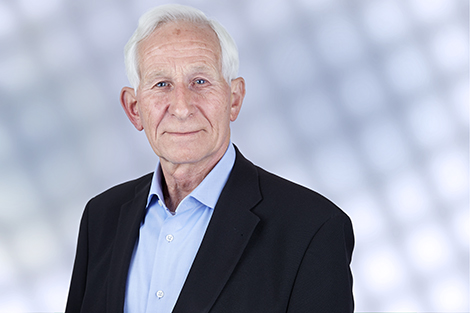
Tell us a bit about yourself
I was born and educated in the UK and studied chemistry at the (then newly formed) universities of Essex and East Anglia. I was actually one of the founding 120 students at the University of Essex. My first job took me to the Shell laboratory in Amsterdam where I worked on catalysis and later membrane separations and analytical chemistry. My heart lay more in commerce, however, and I became involved in technology licensing and later in intellectual asset management for Shell Chemicals. My Shell career spanned 34 years. After retiring I joined the technology transfer office of Amsterdam VU university and medical centre where I worked as a business developer for 8 years before joining EATRIS as an innovation advisor.
What is your role within EATRIS and what does a typical week look like for you?
My work as innovation advisor has centred around two European programmes; first CORBEL, which ran from 2015 to 2020 and linked together 13 biomedical science research infrastructures. My role was to help provide tools, guidelines and template documents and to operate the Innovation Help Desk. The second European programme is ENRIITC, which is focused on a network of industry contact officers and industry liaison officers across a number of sectors (ESFRI domains). I have been involved in several work packages with the focus currently on training and outreach to industry.
My assignment is a part-time one; initially, I came to the office in Amsterdam one day a week. More recently, thanks partly to COVID, I have become accustomed to working from home and to being available throughout most of the week, so my week is rather fragmented these days.
What has been the highlight of your EATRIS experience so far?
A clear highlight has been the 2-day best practice workshop on public-private research collaboration which a team of us designed and ran in Ljubljana and Lisbon as a CORBEL event, and later in modified form as an online EATRIS+ workshop. I was thrilled to help devise a complex group exercise based on combined experiences of setting up research collaborations.
What is translational research for you?
I joined EATRIS as someone completely new to biomedical science. I do not bring anything medical to the table, my role is on the sidelines to facilitate interaction with industry where possible. Having said that, there is something quite profound about a scientific field which ultimately aims to save lives. I share that fascination with many others whose background is not medical but who are nonetheless attracted to medical science.
Why did you decide to work in the translational medicine field?
Anton Ussi, whom I knew from my time in the VU TTO, was an important factor in my joining EATRIS. He persuaded me, aged nearly 70 and in the late Autumn of my career, to enter what was an unknown field for me, to help fill a fascinating role in the CORBEL project.
What advice would you give your younger self?
I would say, realise that life is about continuous learning. Every step, particularly when one has made many career changes, creates opportunities to absorb new knowledge. Be adventurous but also mindful that there are colleagues who possess dedicated expertise which a “fly-by-night” like me, can never aspire to.
What do you like to do when you aren’t working?
My wife and I love our garden and spend many hours working in it. We are also lucky to live in a green part of the Netherlands, albeit not far from the big cities, which offers excellent walks through dune and forest landscapes.
I play a round of golf every week, having never really mastered it but being ever in its grip. Who was it said that golf is not a sport, it’s a disease?
If you were a drug, vaccine or diagnostic, what would you be and why?
I have a strong personal identification with the nationwide screening for colorectal cancer, available in the Netherlands (and many other countries) from age 55 to 75. Before the programme was launched, I was privileged to work at VUmc with one of the scientists involved with its development and rollout. Since its inception the screening has demonstrably saved many thousands of lives, mine included, by providing early diagnosis of colorectal cancer.
What would surprise people to know about you?
A few years ago I indulged a childhood wish by taking a week-long instruction in the theory and practice of driving and firing a steam locomotive, on the North Yorkshire Moors railway. Unforgettable!
Edit: Nigel has retired since January 2023. We wish him a well-deserved time off with his grandchildren.
















